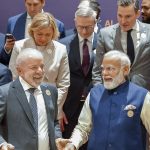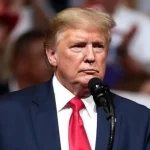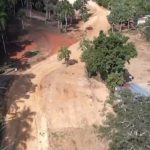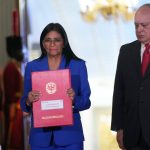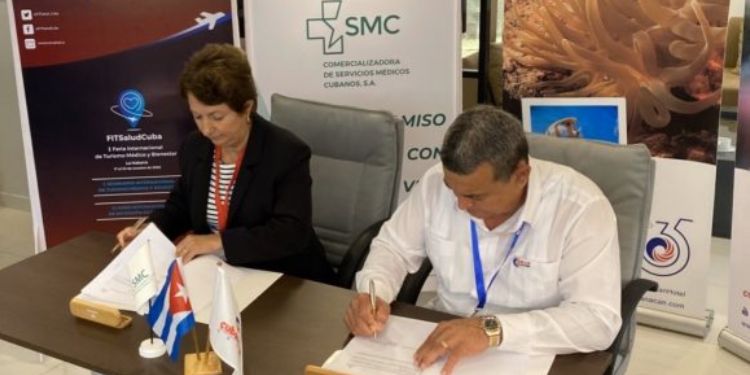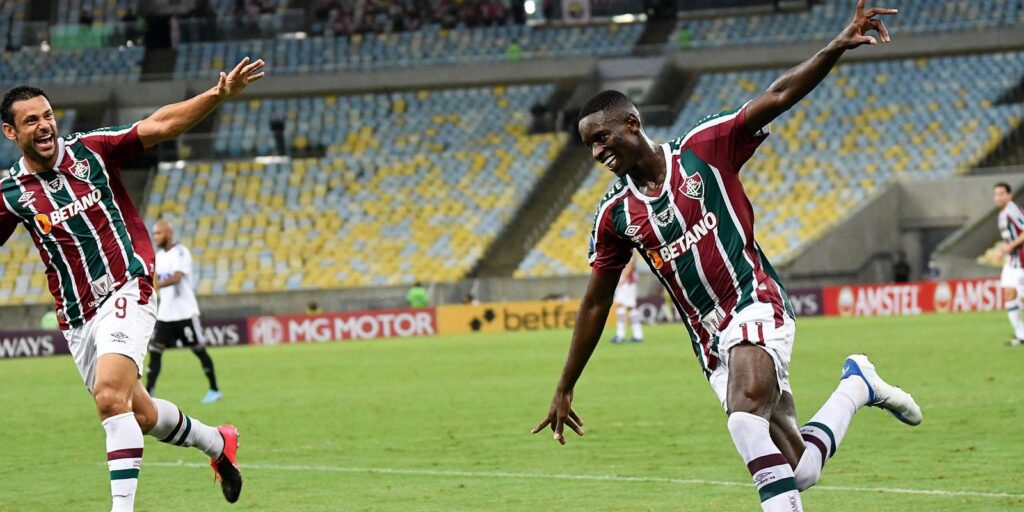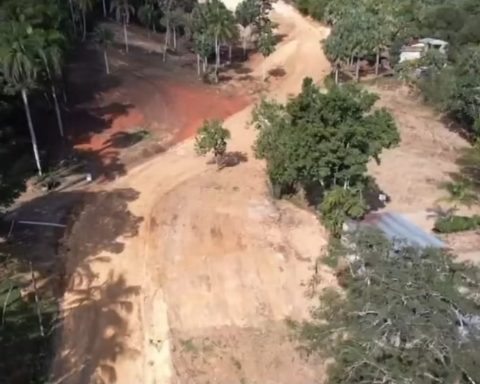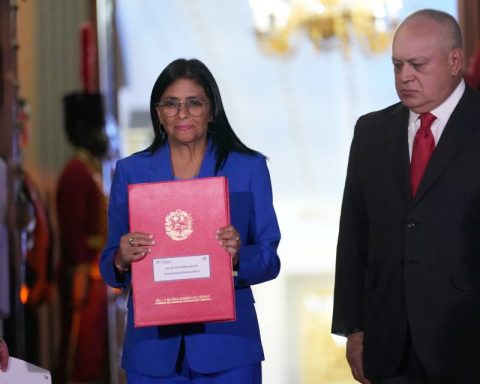The feared head of the Clan del Golfo criminal gang, Dairo Antonio Úsuga David, aka Ottoniel, He was extradited this Wednesday to the US to answer for drug trafficking crimes, a controversial process that leaves unanswered, at least for now, many questions about crimes in the Colombian armed conflict.
(Read: ‘Fico’ Gutiérrez issues an important warning to businessmen in the country).
Alias Otoniel, handcuffed and dressed in gray sportswear, was handed over this afternoon by the Colombian Police to agents from the United States and Interpol who received him aboard a plane from that country. The head of the Clan del Golfo, the largest criminal gang in Colombia, was captured on last October 23 in a police and military operation in the Urabá region, in the department of Antioquia (northwest), and since then he has remained in a cell of the Directorate of Criminal Investigation and Interpol (Dijin) of the Colombian Police, in Bogotá.
The Colombian president, Iván Duque, who compares him in dangerousness with the drug trafficker Pablo Escobar, gave the part of Otoniel’s extradition in a statement at the Casa de Nariño surrounded by the defense ministers, Diego Molano; Interior, Daniel Palacios, and Justice, Wilson Ruiz, as well as by the military and police leadership.
“Colombians, I want to inform you that Dairo Antonio Úsuga, alias Otoniel, has been extradited. This criminal is only comparable to Pablo Escobar, not only is he the most dangerous drug trafficker in the world, but also a murderer of social leaders, an abuser of boys, girls and adolescents, murderer of police officers and one of the most dangerous criminals on the planet,” the president said.
CINEMATOGRAPHIC TRANSFER
The transfer of the Dijin headquarters to the Catam military base, attached to Bogotá’s El Dorado international airport, had the characteristics of a cinematic spectacle, with a caravan of tankettes flankeds by dozens of policemen on motorcycles. Getting off a tank on the airstrip, he saw an Otoniel handcuffed and chained hand and foot, wearing an armored vest and helmet, guarded by dozens of agents.
At the time of his arrest, Otoniel, 50 years old, had 128 arrest warrants in Colombia for crimes such as drug trafficking, extortion, homicide, forced displacement, arms trafficking, formation of armed groups, conspiracy to commit crimes and crimes against humanity, among others, as well as seven convictions. Úsuga accumulated this criminal record throughout a lifetime in illegality, first in the ranks of the Popular Liberation Army (EPL), from which, after the signing of a peace agreement in 1991, he passed to the paramilitary United Self-Defense Forces. of Colombia (AUC) and, after the demobilization of these, in 2006, created the criminal gang of Los Urabeños, now Clan del Golfo.
VICTIMS CLAIM THE TRUTH
The extradition was made possible after the Council of State, Colombia’s highest contentious-administrative court, lifted a precautionary measure granted last week to victims’ organizations in the department of Chocó, mainly, which they wanted to prevent that delivery to the United Statessince they consider that Otoniel should answer first for his crimes here.
After his capture, the aforementioned criminal gave several statements before the Special Justice for Peace (JEP), which judges the crimes committed by the different actors in the armed conflict, and provided more than 60 names of soldiers, politicians, officials and companies that they allegedly had dealings with the paramilitaries.
For this reason, various sectors demanded that the head of the Clan del Golfo not be extradited so quickly to the United States, since it is considered that he still keeps secrets and has a lot of information that can contribute to the Colombian Justice to help clarify crimes of the conflict.
(Besides: Advances bill that seeks to defend those sanctioned with photofines).
“What an impressive desire of the Government to extradite the truth of Otoniel to the USA. Dead of fright. We Colombians have the right to know who are the accomplices of all their crimes,” former Interior Minister Juan Fernando Cristo wrote today on his Twitter account. However, President Duque said today that extradition will not prevent the crimes of “this delinquent” go unpunished in the country, because “he must continue collaborating with the Colombian authorities that require it in their investigations and investigations“.
“This bandit was extradited to serve drug trafficking sentences in the United States, but I want to make it clear that, once he completes these sentences, he will return to Colombia to pay for the crimes he committed in our country,” assured an euphoric President Duque.
EFE







